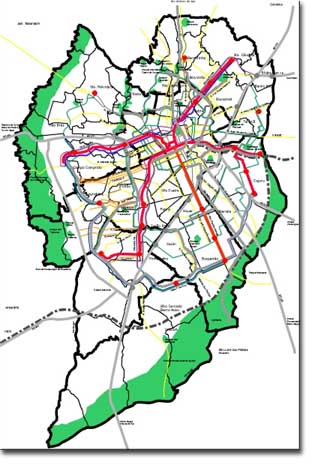Subject: Rising fuel cost
Recenly the price of fuel has been on an increasing trend, globally. Those country that produces oil, the impact of the increases is lesser felt compared to those who depended fully from oil imports.
Malaysia like other countries had raised the price of fuel. And because of this action there are many chain reactions resulting in other increases of manufactured products, foods and services.
From a transport professional perspective, this situation will require changes in travel behaviours.
People should use more public transportation. Or pooling together for common trips. And using more productive modes. For example moving goods by rail is cheaper than trucking it on roads for longer distances. Inland waterways is another potential and cheaper alternative.
Governments at federal, state and local level should be facilitators and role models to ease the public difficulties. They should develop comprehensive plans to be implemented at all levels across the country. Prefessionals should be engaged in helping to resolve this common issue. Politics alone won't solve the issues and problems.
























